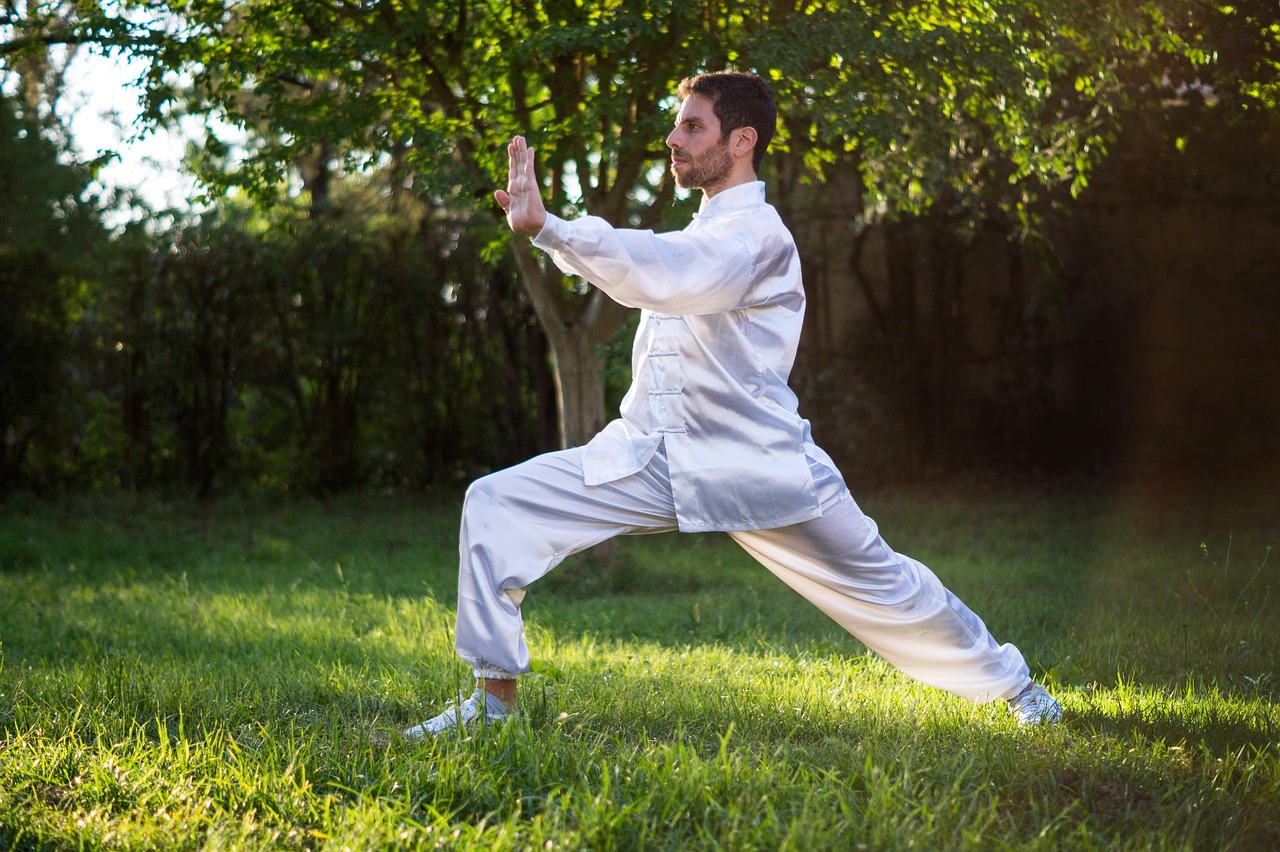Tai Chi - Part 1
The Harmony of Body and Mind - Part 1
Our bodies and minds are intricately connected, and achieving harmony between the two is essential for overall well-being. In this two-part series, we will explore the various practices and techniques that can help us achieve this balance. Part 1 will focus on the importance of physical health in maintaining mental well-being.
The Mind-Body Connection
The mind-body connection refers to the link between our physical health and mental state. Research has shown that physical activity, nutrition, and sleep play a crucial role in our mental health. When our bodies are healthy, our minds are more likely to be in balance.
Physical Exercise
Regular physical exercise is not only beneficial for our physical health but also has a significant impact on our mental well-being. Exercise releases endorphins, also known as "feel-good" hormones, which can help reduce stress, anxiety, and depression.
It's recommended to engage in at least 30 minutes of moderate exercise most days of the week to reap the mental health benefits. This can include activities such as walking, jogging, yoga, or dancing.
Nutrition
The food we eat directly impacts our mood and cognitive function. A diet rich in fruits, vegetables, whole grains, and lean proteins can provide the necessary nutrients for optimal brain health. Omega-3 fatty acids, found in fish, nuts, and seeds, are particularly beneficial for mental well-being.
Quality Sleep
Sleep is essential for both our bodies and minds to rejuvenate. Lack of sleep can lead to irritability, poor concentration, and increased stress levels. Aim for 7-9 hours of quality sleep each night to support your mental health.
Conclusion
Part 1 of our series has highlighted the importance of physical health in maintaining mental well-being. By incorporating regular exercise, a balanced diet, and quality sleep into your routine, you can support the harmony of your body and mind.



